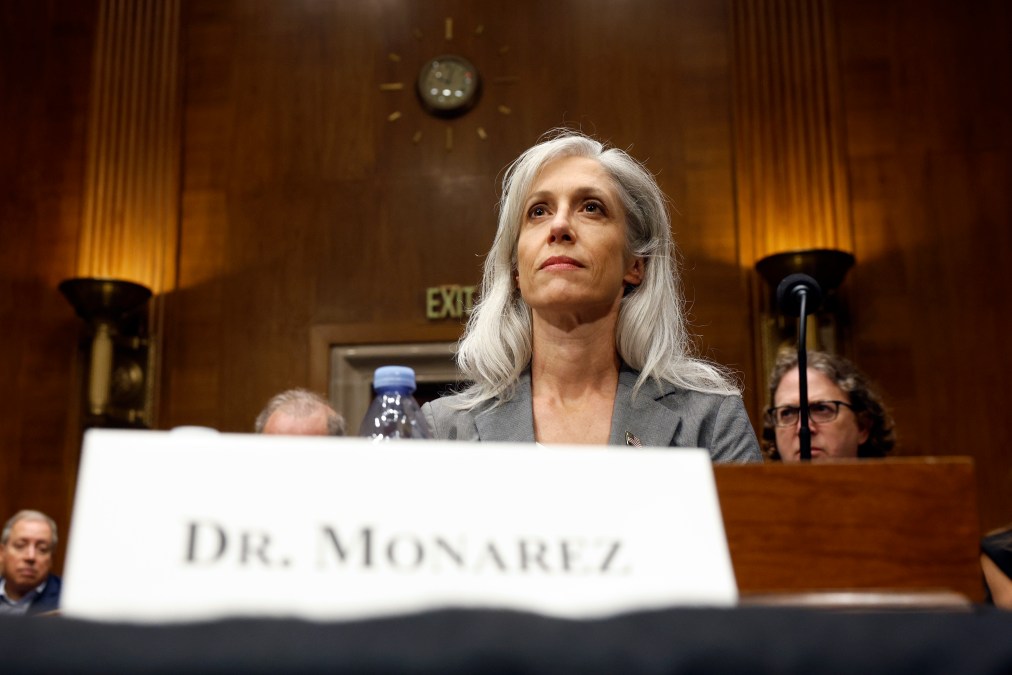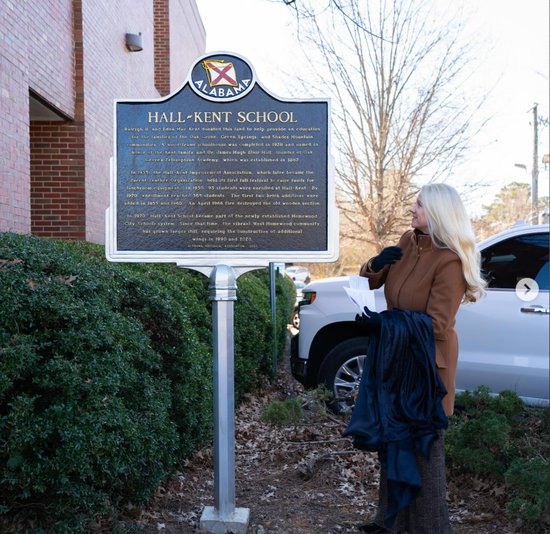
Robert F. Kennedy Jr. allegedly pressured Susan Monarez, the former director of the Centers for Disease Control and Prevention (CDC), to approve vaccine policies without scientific backing, as she testified before a Senate committee on October 25, 2023. Monarez, who held her position for only a month before being dismissed in late August, claimed that directives from the Secretary of Health and Human Services (HHS) conflicted with her professional obligations.
During her testimony to the Senate Committee on Health, Education, Labor and Pensions, Monarez stated, “He directed me to commit in advance to approving every Advisory Committee for Immunization Practices recommendation, regardless of the scientific evidence.” She further asserted that she was instructed to terminate career officials responsible for vaccine policy without just cause. Monarez emphasized that she could not comply with these demands as it would compromise her integrity.
Monarez’s refusal to endorse policies without evidence reportedly led to her termination. “Vaccine policy must be guided by credible data—not predetermined outcomes,” she stated, underscoring her commitment to science-based decision-making. Her testimony comes in the wake of significant upheaval at the CDC, following her dismissal, which also prompted the resignation of several high-ranking officials, including Dr. Debra Houry, the then Chief Medical Officer.
The allegations raised by Monarez have drawn attention to the internal dynamics at the CDC, particularly regarding vaccine policy. Her legal team claimed that she was “targeted” after refusing to comply with what they described as “unscientific, reckless directives.” The situation escalated further with a public letter from nine former CDC leaders published in the New York Times, accusing Kennedy of jeopardizing public health.
In her remarks, Monarez described Kennedy as “very upset” when she declined to pre-approve policies. Kennedy, a prominent figure in the vaccine debate, has previously criticized the CDC, calling it “the most corrupt federal agency in the world.” His statements and actions continue to stir controversy, particularly in light of the ongoing discussions about vaccine safety and public health.
As the Senate committee continues to investigate the circumstances surrounding Monarez’s dismissal and the broader implications for the CDC, the focus remains on how these revelations could impact public trust in vaccine policies and the agency’s role in safeguarding public health. The outcome of these proceedings may have lasting effects on the CDC’s operational integrity and its ability to manage health crises effectively.






